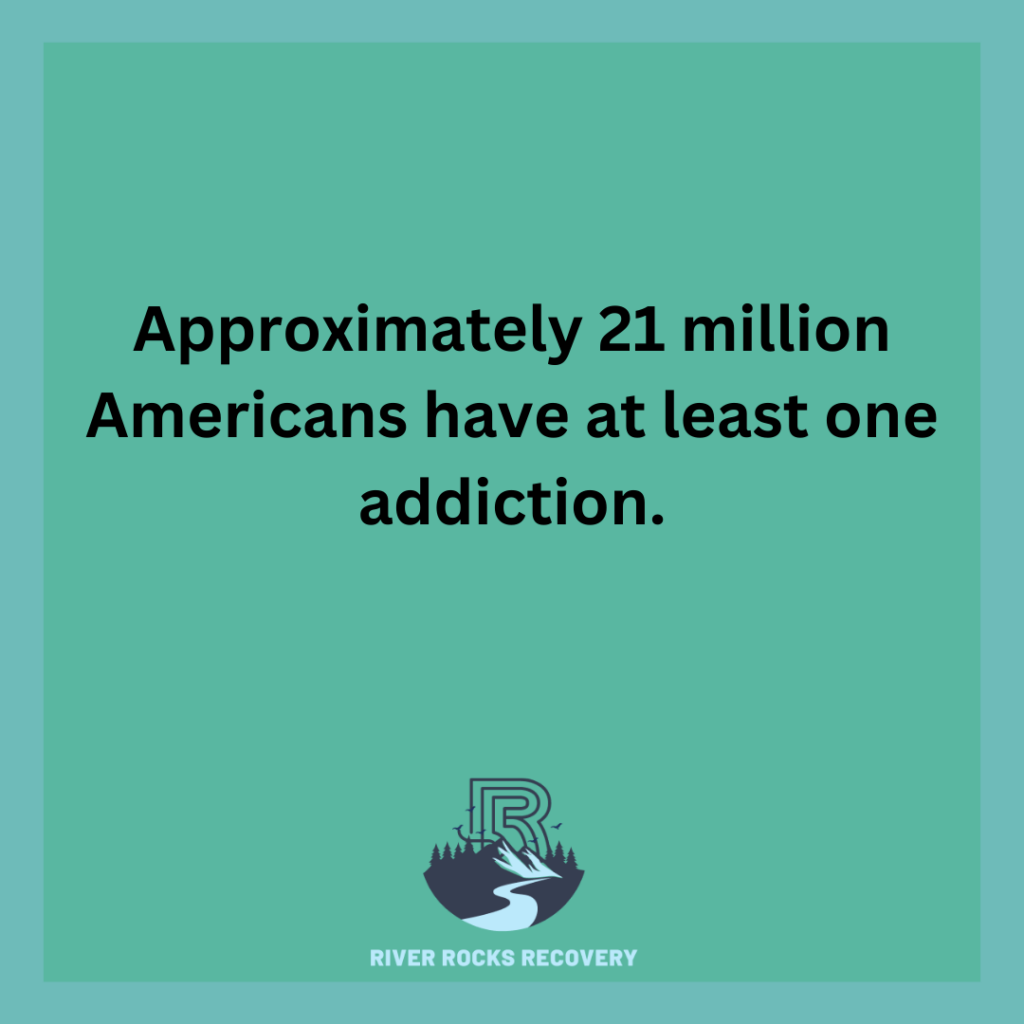Addiction recovery is a multifaceted journey, often requiring a blend of medical, psychological, and emotional support. Among these, support networks play a crucial role in fostering long-term sobriety and overall well-being. This blog post explores how support networks enhance recovery, focusing on the significance of individual therapy, group therapy, and addiction treatment programs, as well as their interplay with mental health treatment.
The Foundation of Support Networks
Support networks in addiction recovery comprise various elements that collectively contribute to an individual’s healing process. These networks often include family, friends, therapists, and support groups, each providing different forms of encouragement, accountability, and understanding. Establishing a solid support network is essential for individuals seeking to overcome addiction and build a healthier, more fulfilling life.
Individual Therapy: Personalized Support and Insight
In individual therapy, clients benefit from personalized attention and tailored strategies. Therapists use various techniques, including cognitive-behavioral therapy (CBT) and motivational interviewing, to address specific challenges and goals. This personalized approach helps clients set realistic recovery goals, and gain a deeper understanding of themselves.
Group Therapy: Building Connections and Shared Experiences
Group therapy is another vital component of addiction recovery. It involves individuals in similar situations coming together to share their experiences, challenges, and progress. This format fosters a sense of community and reduces feelings of isolation, which are common among those struggling with addiction.
In group therapy, participants benefit from the collective wisdom and support of others who understand their struggles. Group therapy also encourages accountability, as individuals share their progress and setbacks, creating a supportive environment where members motivate each other.
How Support Networks Help Addiction Treatment Programs
Addiction treatment programs are designed to address the complexities of substance abuse and provide a structured path to recovery. These programs often integrate various therapeutic approaches, including individual and group therapy, to ensure comprehensive care.
Support networks enhance the effectiveness of addiction treatment programs by providing external reinforcement and encouragement. When individuals engage with supportive family members, friends, or peers, they experience a strengthened sense of purpose and accountability. This external support complements the work done in therapy sessions, helping individuals stay committed to their recovery goals.
Mental Health Treatment
Effective addiction recovery requires addressing these underlying mental health issues alongside substance abuse. Support networks play a significant role in this aspect of treatment.
Mental health treatment often involves a combination of therapy, medication, and lifestyle changes. Support networks contribute to mental health treatment by providing emotional support, encouragement for treatment adherence, and assistance in managing daily stressors.
The Impact of Family and Social Support
Family support is a critical element in addiction recovery. Family members can provide emotional stability, practical assistance, and encouragement throughout the recovery process. Family therapy sessions often accompany individual and group therapy, helping to address relational dynamics and improve communication within the family.
Social support extends beyond family to include friends, colleagues, and community connections. Engaging with a supportive social network can enhance motivation, provide opportunities for socialization, and offer a sense of belonging. Positive social interactions and connections are essential for rebuilding a fulfilling life post-addiction.
Building and Maintaining Support Networks
Individuals in recovery should actively seek out supportive relationships, whether through therapy, support groups, or community activities. It’s important to communicate openly with support network members about needs and expectations.
Additionally, individuals should be mindful of potential challenges within their support networks. Sometimes, relationships may be strained or individuals may encounter negative influences. Navigating these challenges involves setting boundaries, seeking additional support when needed, and focusing on building positive, nurturing connections.
Conclusion
In addiction recovery, support networks are more than just a supplementary aspect—they are integral to the process of healing and growth. By leveraging the combined benefits of addiction treatment programs, and mental health treatment, individuals create a comprehensive support system that fosters resilience and success.
Support networks provide the emotional, practical, and psychological support necessary for individuals to navigate the complexities of addiction and achieve lasting recovery. Embracing the power of these networks empowers individuals to build a healthier, more connected life, ultimately leading to a brighter, more fulfilling future.
FAQs About Role of Support Networks in Addiction Recovery
Why is a support network important for addiction recovery?
A strong support network can provide encouragement, accountability, and a sense of belonging during the recovery process. It can also help individuals cope with challenges and prevent relapse.
What is the stigma surrounding addiction?
The stigma surrounding addiction is the negative attitudes and beliefs associated with substance abuse.
How can I help break the stigma surrounding addiction?
You can help break the stigma by educating yourself about addiction, challenging negative stereotypes, and supporting individuals who are struggling with substance abuse.





























